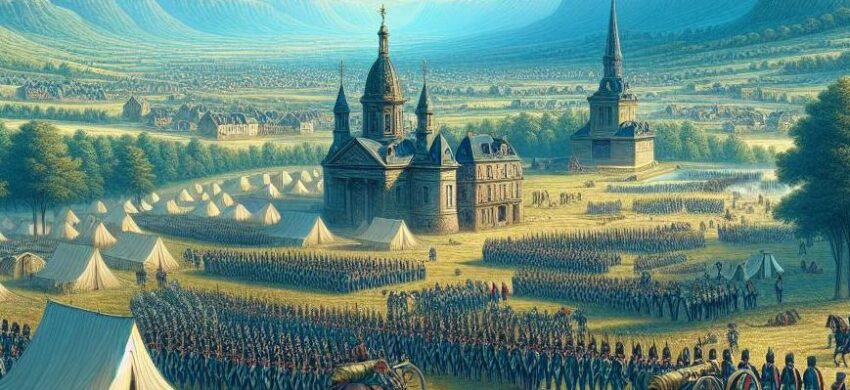Each step to power is like a chess move, measured and carefully executed. Notable battles, decisively won, were often key to political ascendance. Leaders emerge victorious, claiming not only new territories but also the loyalty and respect of their subjects. For example, Alexander the Great’s triumph over the Persian Empire expanded his reign, while the Duke of Wellington’s victory at Waterloo signaled a turning point in the Napoleonic Wars.
Moreover, clever alliances, often forged in the crucible of revolution, hold significant sway in the political landscape. By uniting with radical factions or groups, leaders can bolster their influence and tap into the support of the masses, as seen in the alliances made during the French and American Revolutions.
In essence, securing victory on the battlefield and establishing strategic partnerships have proven invaluable in charting a path to power throughout history. These stepping stones establish a leader’s prowess and tactical acumen, ultimately consolidifying their dominion.
#1. Question text: What can be a key to political ascendance according to the text?
C is the answer. The text suggests that winning decisive battles has often been key to political ascendance throughout history.
#2. Question text: How did Alexander the Great and the Duke of Wellington enhance their reigns?
C is the answer. The text notes that Alexander the Great’s triumph over the Persian Empire expanded his reign and the Duke of Wellington’s victory at Waterloo signaled a turning point in the Napoleonic Wars.
#3. Question text: What effect can forging alliances have on a leader's influence?
C is the answer. The text mentions that by forging alliances, often in the midsts of a revolution, leaders can bolster their influence and gain the support of the masses.
#4. Question text: According to the text, what were some of the tactics used by leaders during the French and American Revolutions?
B is the answer. The text states that leaders during the French and American Revolutions made alliances to bolster their influence among the masses.
#5. Question text: How can victories on the battlefield and strategic partnerships contribute to a leader's power?
C is the answer. The text mentions that securing battlefield victories and strategic partnerships can establish a leader’s prowess and tactical acumen, ultimately solidifying their dominion.
#6. Question text: What does each step to power resemble, according to the text?
C is the answer. The text compares each step to power to a chess move, suggesting it is measured and must be carefully executed.
 |
 |
 |




